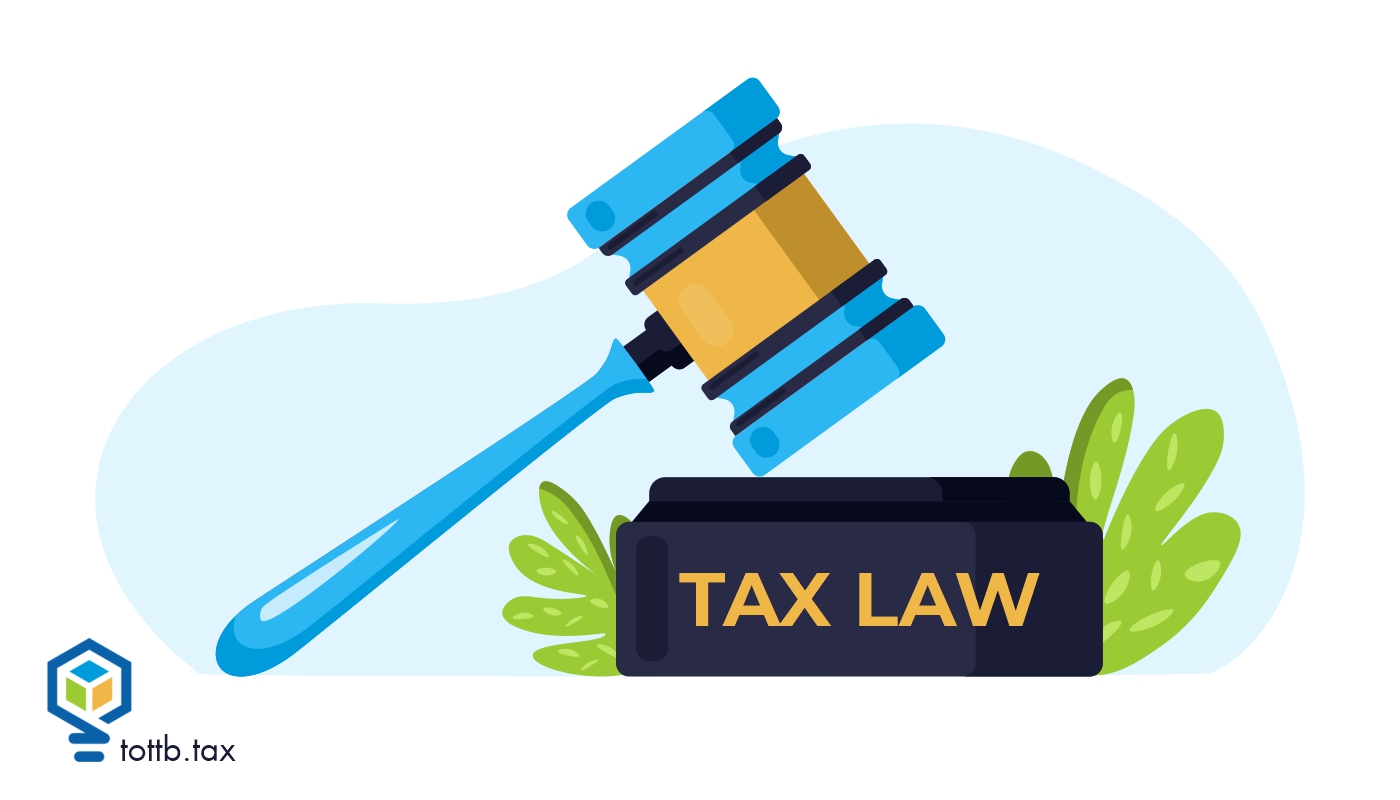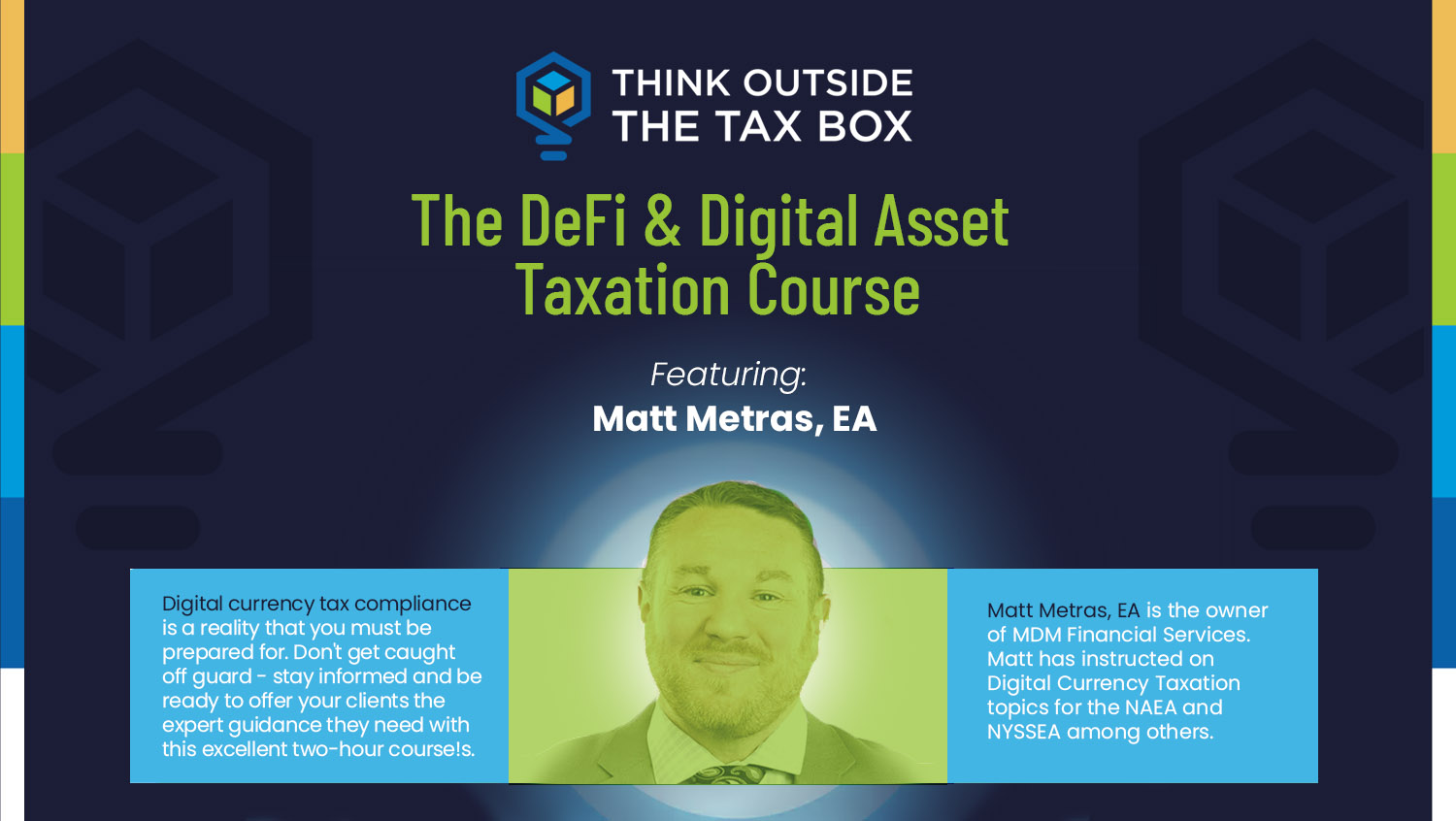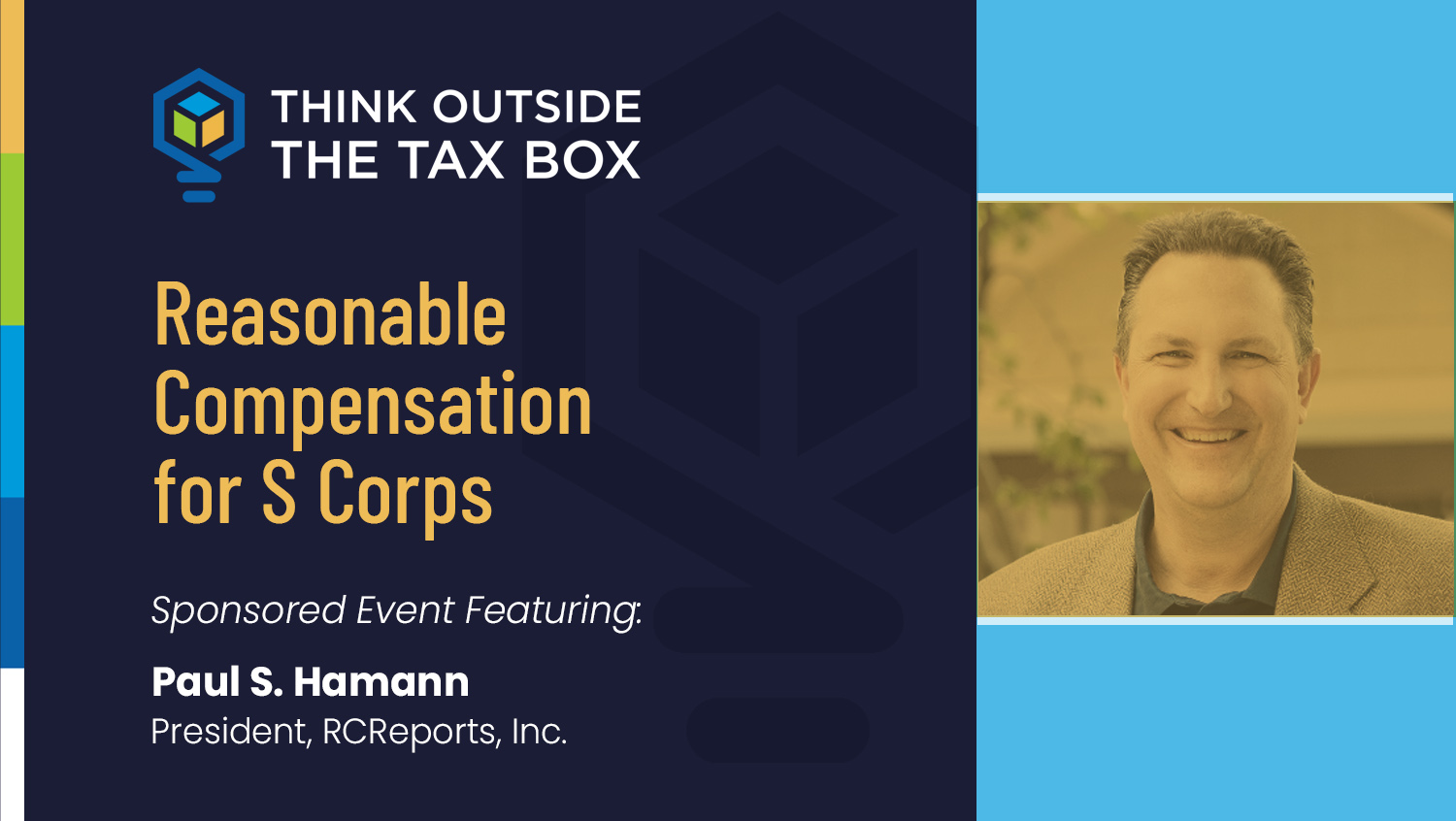Inflation Reduction Act — Up to $40,000 in Tax Credits with Clean Commercial Vehicle Credit
First, you need to get an EIN, then get an LLC, establish business credit, and then you can buy a car in your business name. That process may get you a new car but that does not make it a business expense or eligible for a credit. Friends, that is not how this works; that is not how any of this works.
I’ve noticed a recent obsession in the online business world with writing off car expenses. Especially clean vehicles since President Biden signed the Inflation Reduction Act in August.
There is a correct way to do so, and then, there are a variety of ways to do it incorrectly. If you don’t believe me, just scroll through TikTok and Instagram, it will make your head hurt.
Misinterpretations of Section 179 have set the internet ablaze. That is why I want to make sure we set the record straight on how the clean vehicle credit can benefit businesses. That is if your client follows the guidelines set by the IRS. *Hint, hint: It requires more than buying the car in your business name using your business credit.
Let’s look at the amendments and additions to the IRC that make this credit valuable to business owners too. You have an opportunity to help your clients save $7,500 to $40,000 when they buy a qualifying clean commercial vehicle from now until December 31, 2032.
Read MoreClient Alert













